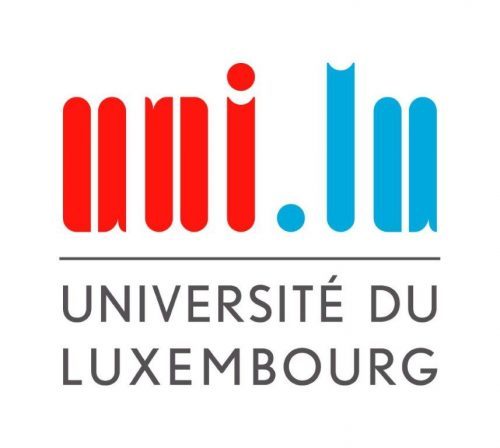
| Speaker: | Prof. Nicolas Dendoncker, Université de Namur |
| Event date: | Tuesday, 23 April 2019 07:00 pm – 08:30 pm |
| Place: | Campus Kirchberg, Salle Paul Feidert (E00-D10) 6, rue Richard Coudenhove-Kalergi L-1359 Luxembourg |
Agroecology has been proposed as a promising concept to foster the resilience and sustainability of agroecosystems and rural territories. Agroecological practices are based on optimizing ecosystem services (ES) at the landscape, farm, and parcel scales. This presentation will highlight how the concept of ecosystem services (ES), defined as the contributions of ecosystems to human wellbeing can help understand agroecological transitions. ES can be a tool to steer and facilitate agroecological transitions, in combination with other theoretical and methodological approaches, and practical tools they hold the promise to increase the resilience of rural areas. Examples of transition initiatives in Belgium and France, mixing research and action, that have started using such approaches, will be explored. The lecture will conclude with a reflection on what we believe are necessary next steps for action-research to meet the challenges posed by pressingsocio-environmental issues. About Nicolas Dendoncker: A PhD in Geography at UCLouvain (Belgium), on large-scale models of land use change for Europe, according to different socio-economic and climate change scenarios presents the start to my research career. During a Postdoc at the University of Edinburgh, I turned to agent-based modelling of land use change at the local scale and started working with sociologists in addition to ecological scientists. As a professor of geography at the University of Namur (back in Belgium), I and my research teams focus on ecosystem services, sustainable agriculture, land use change, and biodiversity.Lecture in the framework of the lecture series ‚Science and Citizens meet Challenges of Sustainability‘ and the ‚Certificate in Sustainability and Social Innovation‘. |
